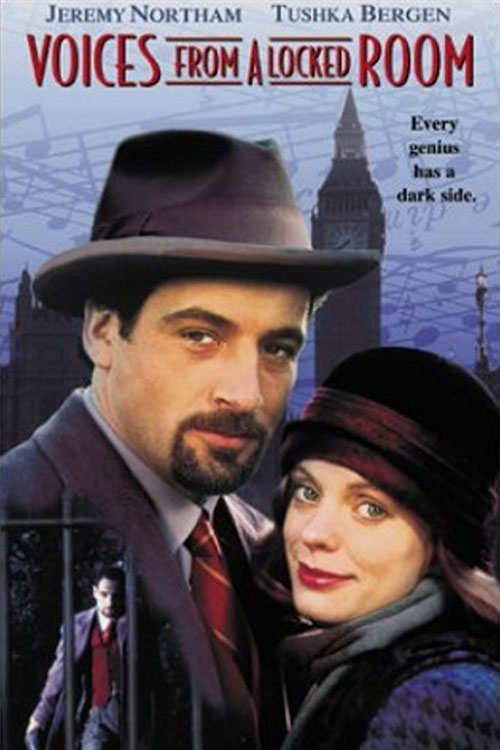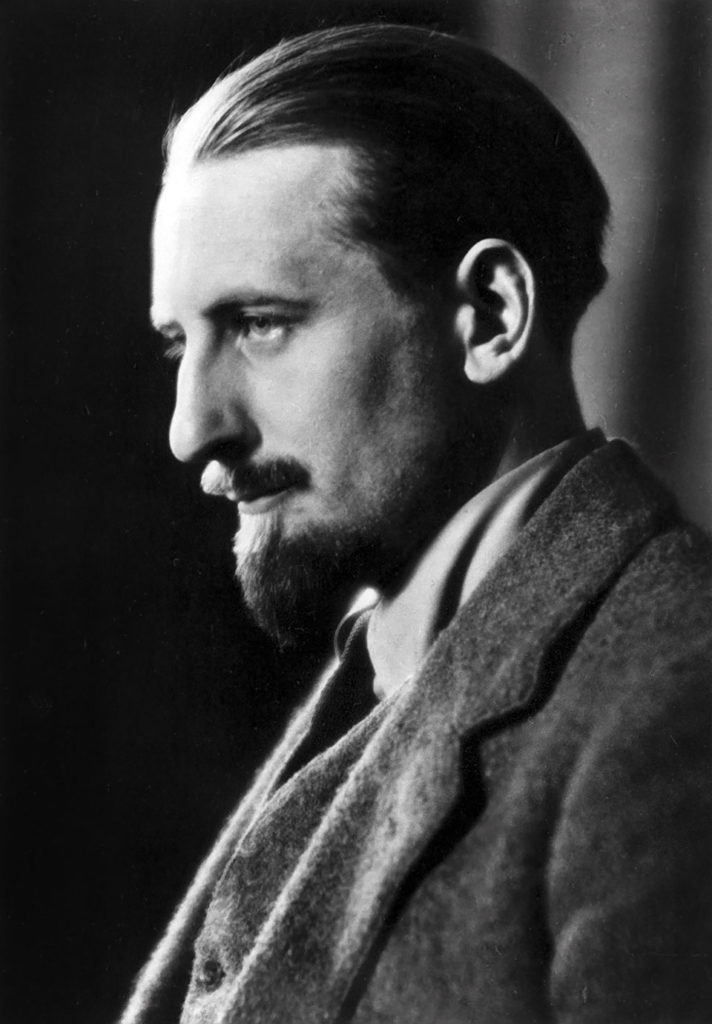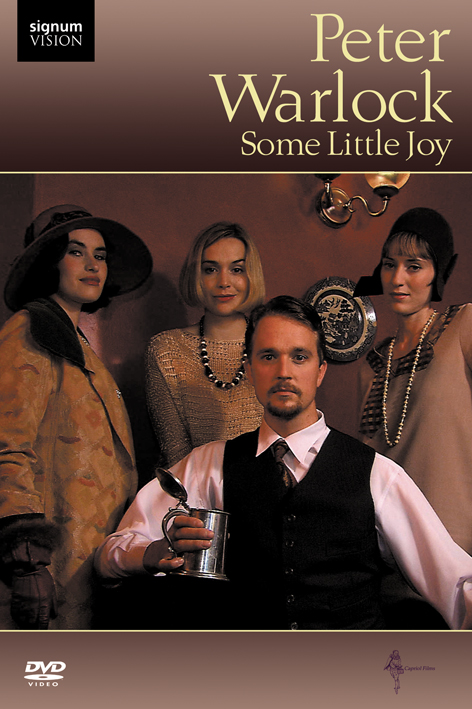Voices From A Locked Room
Scurrilous Fantasy
I am fascinated that so many people have been drawn to find out more about Peter Warlock from watching that scurrilous fantasy “Voices from a locked room“. It has only ever appeared on television in the United States (as far as I know it has never been released for showing in cinemas) although a video-recording – made in the US – was shown at a meeting of the Peter Warlock Society at “The Antelope” near Sloane Square in London just before Christmas 1999.
It elicited much laughter. Some of this was caused by the hopeless anachronisms in the presentation (such as buses from the 1950s and 60s endeavouring to evoke London in the 1920s) but most of it arose from the ludicrous misrepresentation of the Warlock story put across by the plot. Cecil Gray’s biography of Warlock, published in 1934, four years after the composer’s death, has been criticised by many (myself included) for its selectivity and its amateurish attempt at psychoanalysis but it presents a more credible attempt at encapsulating the essence of a life than this dramatic travesty. Unfortunately, it is Gray’s curious theory of split personality (Heseltine as the sensitive, mild-mannered aesthete, Warlock as the boisterous – boorish – wild man) that the film (and some other performances) have taken as a biographically accurate analysis.
It is true that Warlock (I’ll call him by that name for convenience) did work in bursts of production and that, at times, he seemed smitten by a despair that prevented creative activity. But that suggests other conditions than split-personality and some writers, notably the composer Denis ApIvor (who also has medical qualifications) have sought to explain Warlock’s situation in more authoritative terms.
The use of a pseudonym is not of itself indicative of a psychological problem. Many other writers of one kind or another have used an alternative name for professional reasons and this was also the case with Warlock. The choice of that particular nom-de-plume has led to some speculation but, so far, nobody has adequately explained why it should be a source of speculation or, indeed, where it could have come from. The use of alternative identities by others has not elited adverse comment and “Warlock” is, in fact, only one of a number of names that Philip Heseltine used – for a variety of purposes and in a range of circumstances – throughout his career as a journalist. The only other compositional pseudonym was “Prosdocimus de Beldamandis Jr” which adorns his witty parodies of contemporary light music, the “Cod-pieces”. In that case it is reasonable to view the name as a joke in its own right.
Finding the truth
Those who would wish to find out the truth about the composer can do so readily enough. Cecil Gray’s book has long been out of print although it turns up every now and again on lists in the second-hand and antiquarian book market. Barry Smith’s authoritative biography (Oxford University Press) is now available in paperback and the “Centenary Celebration” contains many short articles that augment what is available elsewhere. “Capriol for Mother” by Warlock’s son, Nigel Heseltine, is a fascinating read but needs to be approached with caution as it is mostly Nigel’s grandmother’s (i.e. Warlock’s mother’s) account and there are some inaccuracies, as well as one wild accusation.
Then there’s all that music, of course . . .
By Brian Collins, Vice President, The Peter Warlock Society




